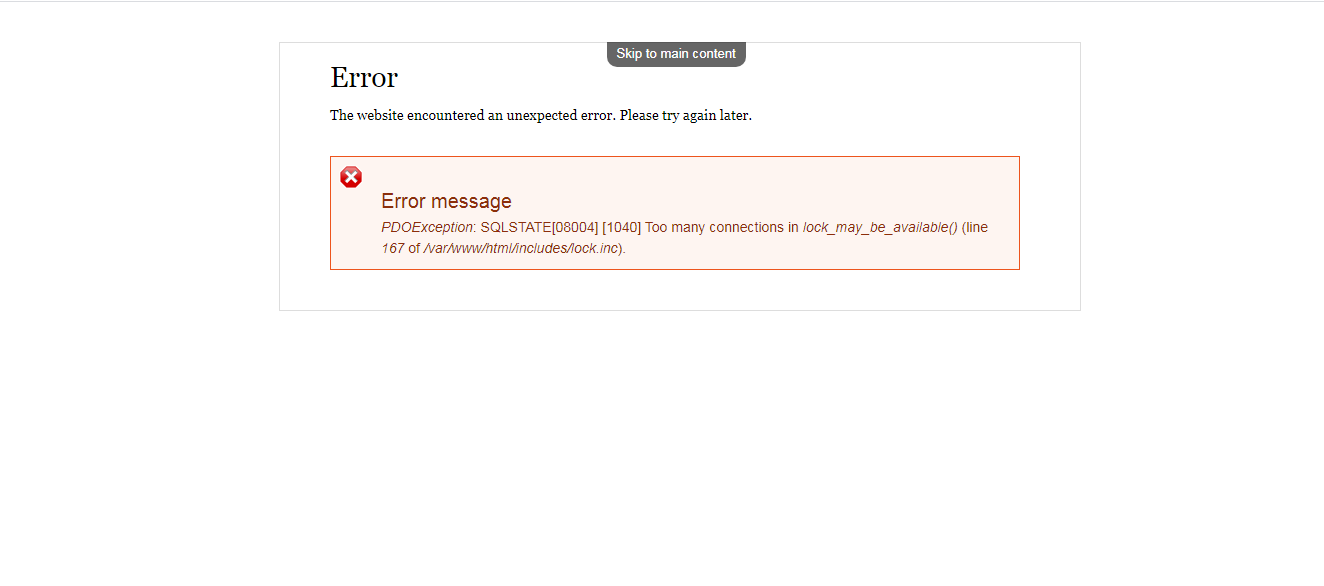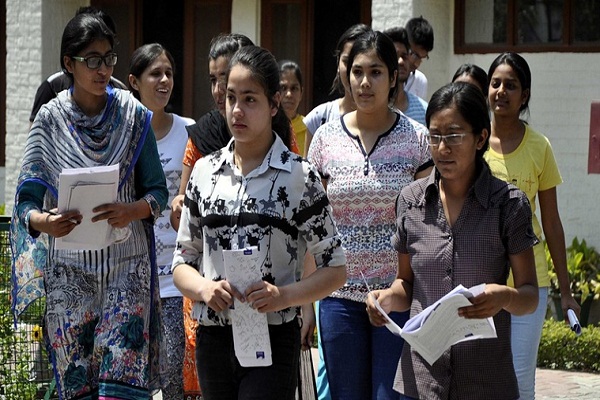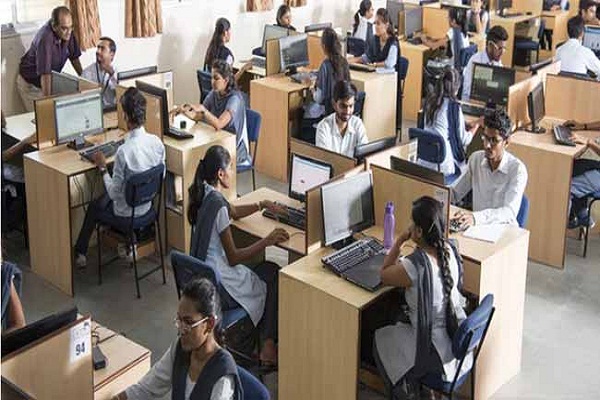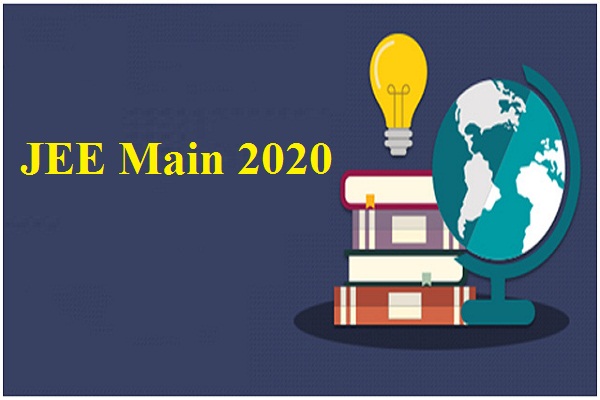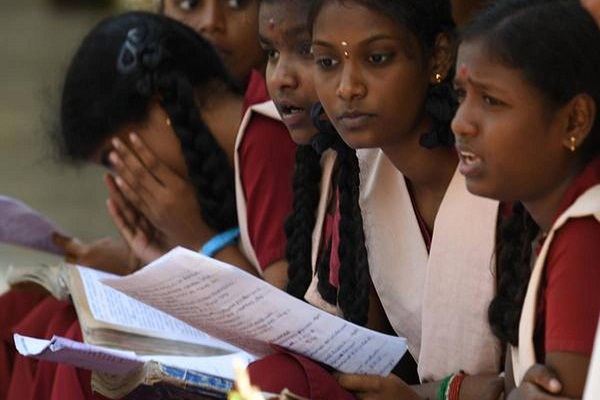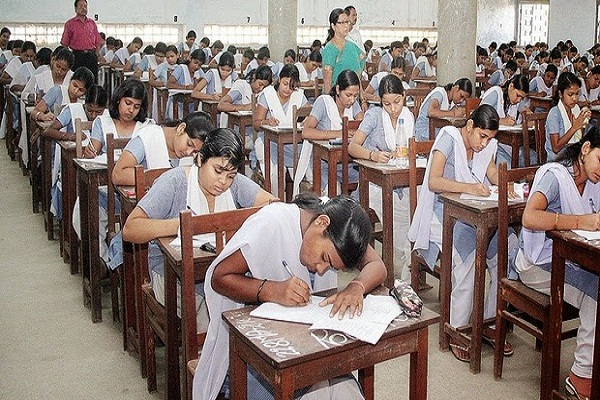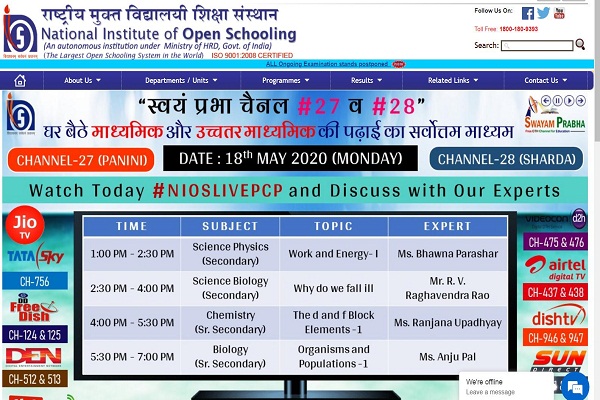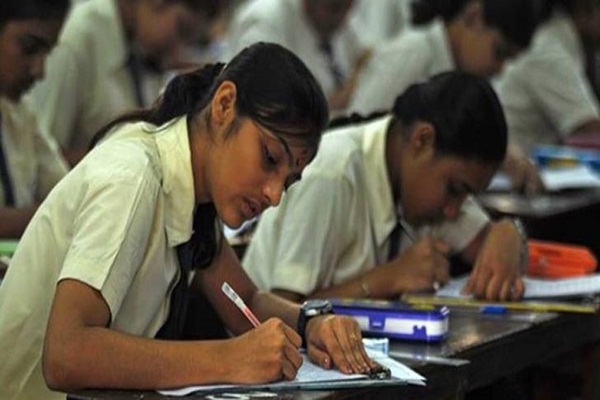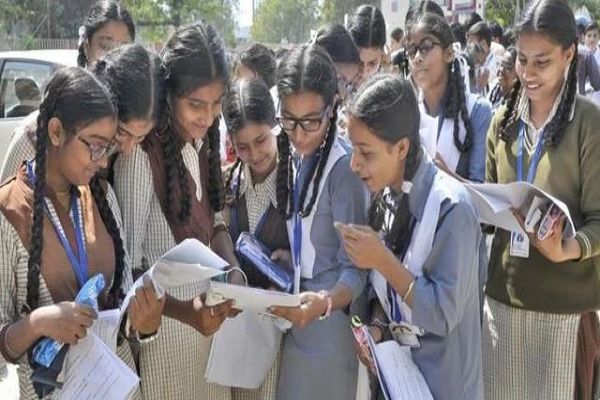After much deliberation, the Bihar School Examination Board (BSEB) is set to release the Bihar Board 10th Result 2020 today. As thousands of students are waiting for Class 10 Results, the official website of BSEB was found ‘not responding’. The website encountered an unexpected error and showing “Please try again later” showed up on the homepage.
The Board will release the results on its official site biharboardonline.bihar.gov.in.
The school authorities have restricted the gathering of students on the campus due to the Coronavirus pandemic.
Also Read: Bihar Board 10th Result 2020
Candidates will be required to enter their roll number, date of birth, or related information to check and download their Bihar Matric Result 2020.
Also Read: Bihar Board to declare Class 10 Results today
BSEB has already completed the evaluation of answer sheets and it could be released at any time.
However, the BSEB is yet to release any official statement on the declaration of result.








